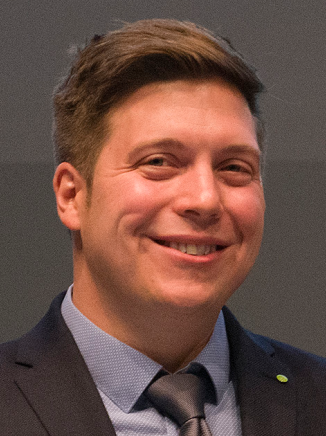
FPGA-Placement via Quantum Annealing
Field-Programmable Gate Arrays (FPGAs) have asserted themselves as vital assets in contemporary computing by offering adaptable, reconfigurable hardware platforms. FPGA-based accelerators incubate opportunities for breakthroughs in areas, such as real-time data processing, machine learning or cryptography -- to mention just a few. The procedure of placement -- determining the optimal spatial arrangement of functional blocks on an FPGA to minimize communication delays and enhance performance -- is an NP-hard problem, notably requiring sophisticated algorithms for proficient solutions. Clearly, improving the placement leads to a decreased resource utilization during the implementation phase. Adiabatic quantum computing (AQC), with its capability to traverse expansive solution spaces, has potential for addressing such combinatorial problems. In this talk, we present an AQC-based solution to the placement problem and investigate whether contemporary quantum hardware is resilient enough to find placements for real-world-sized FPGAs.

